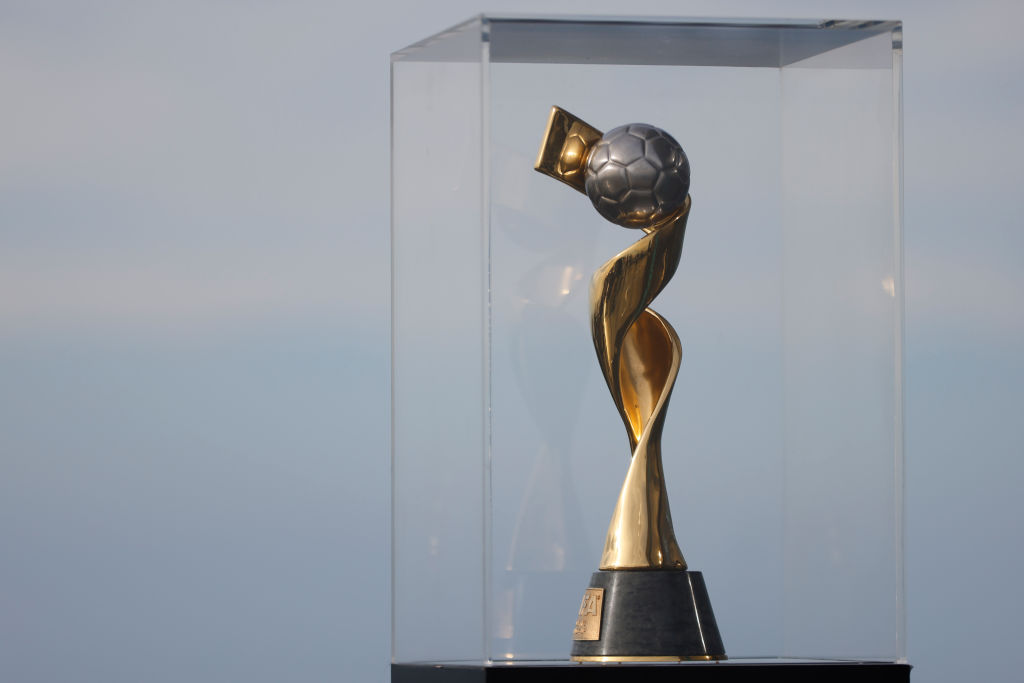What the TV rights fight means for the Fifa Women’s World Cup

With just five weeks before the Women’s World Cup kicks off in Australia and New Zealand, Fifa has finally reached a deal with the European Broadcasting Union (EBU) to air all 64 matches in Britain, Spain, France and Germany – ending the threat of a blackout in Europe’s top football nations.
While ITV and BBC will now be broadcasting the game free-to-watch to millions of people across the country, the potential failure to reach an agreement had understandably grabbed the headlines.
The brinkmanship had left question marks over the standing of women’s football in this country – and its ability to draw in those all-important sponsorship deals.
Of course, it was always highly unlikely that an agreement wouldn’t have been reached – both Fifa and the domestic broadcasters had too much to lose, and no one wanted the PR disaster that would have inevitably ensued if they hadn’t managed to land a deal, particularly in the UK.
Sponsorship deals are crucial for all sport, but the investment is even more coveted in emerging sports like women’s football.
So, anything that might jeopardise this, or make the events less attractive to brands wanting to partner, is concerning. However, most deals will have already been done (if not announced), and any yet to be signed would have most likely progressed on the assumption that TV deals would go ahead. It’s unlikely that any deals weren’t signed because of the uncertainty.
Having said that, this late-stage agreement on TV rights won’t have helped the commercial side of things. The later a deal is signed, the less time brands have to plan and activate, which in turn makes the deal less valuable.
This is also a bit of a reminder about exactly where women’s football is on its trajectory. Despite a deal having been reached, broadcasters only paid around five to six per cent of the amount paid for the rights to the recent Men’s World Cup in Qatar.
There was a euphoria that followed the Lionesses’ win at the Euro’s – particularly in the UK, where a home tournament contributed to a real cultural moment – but women’s football, and women’s sport more generally, is still very much an emerging property.
The momentum behind it is exciting, and should continue in that vein, but it still isn’t ‘job done’ by any means – especially outside the bigger European nations which have the advantage of successful teams that their populations can support.
However, just because there were teething problems, it doesn’t mean this is a time for negativity.
The time difference always meant that this World Cup was unlikely to replicate the monumental impact of the Euros, at least in the UK, and so the real test was always going to be how international success translated into the domestic season.
Record numbers both on TV and in stadiums has allayed any fears that last summer might be a flash in the pan. Regardless of the impact of these protracted negotiations and late deal, women’s football is here to stay.
Joe Pridmore is an account director at sport and entertainment agency Fuse.